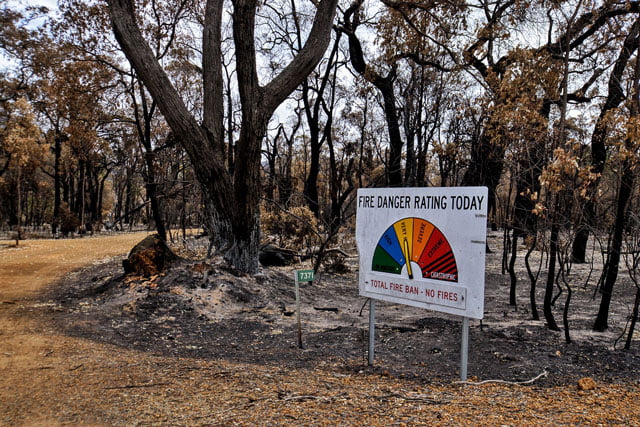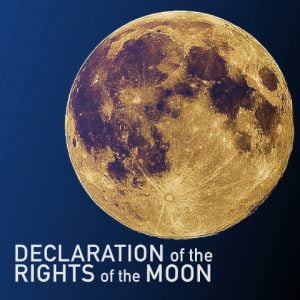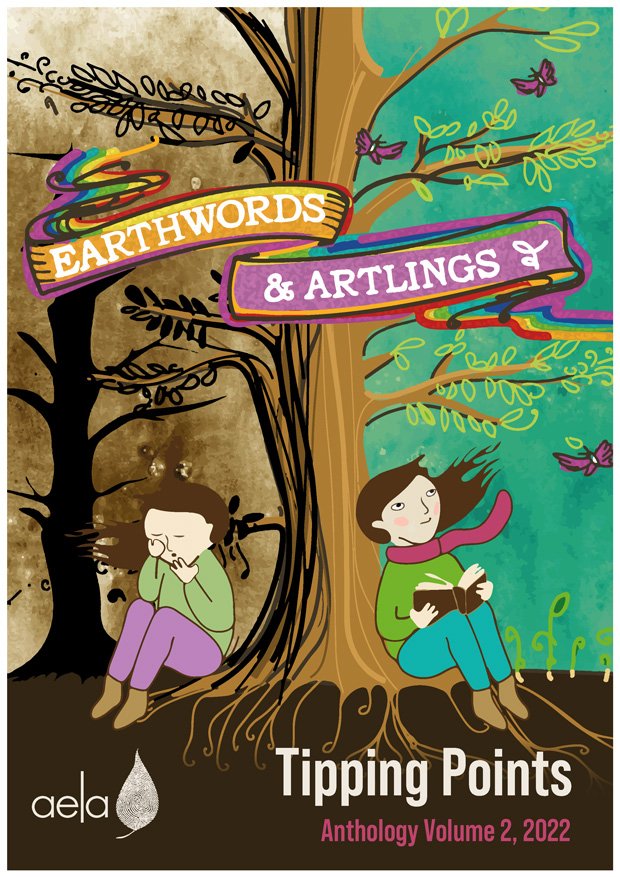We are currently living in an ecological and climate emergency and the sixth mass extinction. Through 2019 and 2020 Australia suffered bushfires. The fires destroyed more than 10 million hectares of land across Australia, including more than 20% of temperate forests – unprecedented for any continent forest biome,[1] and killed or displaced an estimated three billion animal lives.[2] Such devastating events are becoming ‘the new normal’. To address the current ecological and climate emergency one option is to make large scale environmental harm a crime, which is referred to as Ecocide. This blog will explore what is Ecocide and the history of Ecocide.

What is ecocide?
There are numerous definitions of Ecocide. One simple definition is that Ecocide is mass damage and destruction of ecosystems – severe harm to nature which is widespread or long-term. Ecocide, committed repeatedly over decades, has created the climate and ecological emergency that we now face.[3]
Some examples of ecocide include:[4]
- ocean damage (deep sea bottom trawling, overfishing, oil spills and deep-sea mining);
- deforestation (cattle ranching for beef, growing soy for animal feed, mineral extraction – copper, iron ore and gold mining, oil drilling, palm oil and wood production);
- land and water contamination (oil spills, gold mining, mountain top removal, tar sands e.g the Athabasca tar sands, fracking, textile chemicals and agricultural pollution); and
- air pollution (chemical disasters and weapons e.g. the Bhopal gas tragedy and Agent Orange, radioactive contamination e.g. Chernobyl and Fukushima, contamination from nuclear testing, use of nuclear weapons, industrial emissions e.g. fossil fuel industries, agriculture industries and cement industries).
History of ecocide
The concept of Ecocide has been around for about 50 years. The term was first coined in 1970 by Professor Arthur Galston at the Conference on War and National Responsibility in Washington, where he also proposed a new international agreement to ban Ecocide. Galston was a US biologist who identified the defoliant effects of a chemical later developed into Agent Orange. Subsequently, a bioethicist, he was the first in 1970 to characterise massive damage and destruction of ecosystems as ecocide.[5] In 1972, at the UN Conference on the Human Environment Swedish Prime Minister Olof Palme evoked the idea of Ecocide as an international crime. The idea was then taken forward by others, including Benjamin Whitaker (1985); there have also been more recent efforts [6]
During the 1970s, 80s and 90s making Ecocide an international crime was also considered by the United Nations International Law Commission (ILC) for inclusion in the Code of Crimes Against the Peace and Security of Mankind (‘the Code’), which later became the Rome Statute, and by the Sub-Commission on Prevention of Discrimination and Protection of Minorities for inclusion in the extension of the Convention on Genocide.[7] Until 1996, drafts of the Rome statute included the crime of Ecocide. However, Ecocide was dropped by the ILC in 1996.
The Rome Statute is the treaty that established the International Criminal Court (ICC) that entered into force on 1 July 2002.[8] Under the Rome Statute, the ICC can investigate and prosecute only the core international crimes where states are unable or unwilling to do so themselves.[9] These are the existing four Crimes against Peace (genocide, crimes against humanity, war crimes and the crime of aggression); as such, Ecocide has been referred to as ‘the missing fifth Crime against Peace.’[10] As of 22 March 2020 there are 137 state are signatory to this internationally legally-binding statute.[11]
In June 2021 an Independent Expert Panel, convened by the Stop Ecocide Foundation completed a proposed draft of amendment to the Rome Statute to include a crime of ‘Ecocide’.
The following countries have criminalised Ecocide under their domestic laws: Russia, Kazakhstan, Kyrgyz Republic, Tajikstan, Georgia, Belarus, Ukraine, Moldova, Armenia and Vietnam.[12] Recently the Bangladeshi High Court has asked the government to include Ecocide in their International Crimes Act.[13]
To help support the work of AELA and our working group Ecocide Laws Australia please consider becoming a monthly donor.
- [1] Boer, Matthias, de Dios, Víctor & Bradstock, Ross (2020) ‘Unprecedented burn area of Australian mega forest fires’ 10 Nature Climate Change 171–172.
- [2] ‘Regenerate Australia: A Roadmap to Recovery and Regeneration October 2020’ WWF Australia (Report, 2020) <https://www.wwf.org.au/what-we-do/regenerate-australia/regenerate-australia-hub#gs.kle07z>.
- [3] What is Ecocide?’ Stop Ecocide International (Web Page, 2021) <https://www.stopecocide.earth/what-is-ecocide>.
- [4] ‘What is Ecocide?’ Stop Ecocide International (Web Page, 2021) <https://www.stopecocide.earth/what-is-ecocide>.
- [5] ‘History’ Ecocide Laws (Web Page, 2021) <https://ecocidelaw.com/history/>.
- [6] ‘Independent Expert Panel for the Legal Definition of Ecocide Commentary and Core Text June 2021’ Stop Ecocide Foundation (Web Page, 2021) <https://static1.squarespace.com/static/5ca2608ab914493c64ef1f6d/t/60d1e6e604fae2201d03407f/1624368879048/SE+Foundation+Commentary+and+core+text+rev+6.pdf>.
- [7] Anja Gauger et al, ‘Ecocide is the Missing 5th Crime against Peace’ University of London (Report, 2013) <https://sas-space.sas.ac.uk/4830/1/Ecocide_research_report_19_July_13.pdf >.
- [8] Eradicating Ecocide, ‘Closing the door to dangerous industrial activity: A concept paper for governments to implement emergency measures’, Eradicating Ecocide (Web Page) <http://ecocidelaw.com/the-law/concept-paper/>.
- [9] Rome Statute of the International Criminal Court art 5.
- [10] Polly Higgins & Damien Short & Nigel South, ‘Protecting the planet: a proposal for a law of ecocide’ (2013) 59(3) Crime, Law and Social Change 251, 257.
- [11] United Nations Treaty Collection, ‘Rome Statute of the International Criminal Court’ (Web Page) <https://treaties.un.org/Pages/ViewDetails.aspx?src=TREATY&mtdsg_no=XVIII-10&chapter=18&clang=_en>.
- [12] ‘Ecocide law in national jurisdictions’ Ecocide Law (Web Page, 2021) <https://ecocidelaw.com/existing-ecocide-laws/>.
- [13] ‘Webinar: Ecocide as a new international crime’ YouTube (Web Page, 2021) <https://www.youtube.com/watch?v=5fdPu7Rxnic>.


















